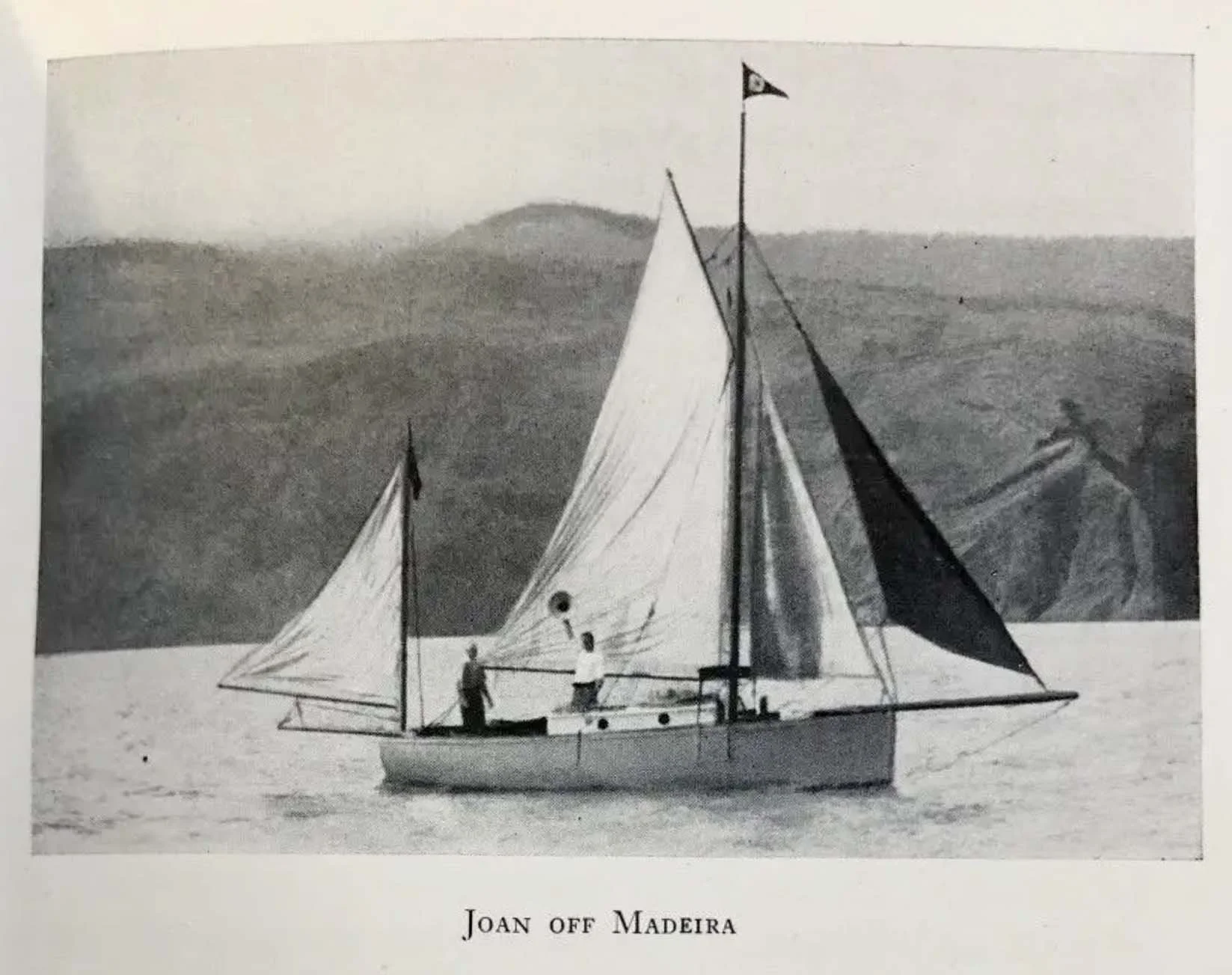Revisionism, Reassessment, Reinvention?
When he died at the age of 91 in 1973, Pablo Picasso was hailed as far and away the greatest artist of the 20th Century. News reports at the time declared: “Picasso did things no man had ever done before with brush and canvas.” An artist who lived through two world wars and was a peerless chronicler of love and death, Picasso is also the subject of more books than any other artist – in excess of 4,000 volumes, at the last count. This underscores his reputation as the world’s most popular and influential artist.
But nowdays Picasso’s art is being radically re-assessed. Half a century after his death, the painter is being ‘called out’ for the way in which he abused the myriad women in his life.
The man who declared, “There are only two kinds of women – goddesses and doormats”, is now being held to account for his appalling sexism.
A recent comment chain in SWS makes clear that the world of sailing also has to grapple with its past and decide how we want to remember some of those who laid the foundation stones in our area of interest.
Graham Cox on What an Arduous Business!
This story takes me back to my teenage years. It is precisely the sort of saga that captivated me in the 1960s, with all of its promises of freedom and adventure, and Tern II is also the sort of boat that I associated with proper bluewater cruising. Most of the cruising vessels that came through Durban in those days were older timber yachts, or workboats repurposed for cruising. I still love them, though I've evolved over the years to preferring junk rigs, protected cockpits and self-steering gears.
Annie does an excellent job of capturing the essence of this adventure and I've ordered a paperback copy of the book. I often buy ebooks these days, but some stories deserve being squeezed onto my already overcrowded bookshelves, and I think this is one. After reading Annie's excellent review, I can't wait for my copy to arrive.
I was interested to read Annie's comments about Ben's social attitudes. Undoubtedly, many of them are intended as an accurate reflection of the 1950s era. I find, in rereading some of the classic sailing books published back then, and which I still love, that I squirm a little. It is indisputable that the Slocum era, as I call it, was also the colonial era; in fact, in its heyday, ocean cruising throve (or thrived, as modern usage suggests) on the socio-political infrastructure of colonial outposts, as uncomfortable as that is for me to admit - being a pro-democracy refugee from apartheid South Africa. I'm not about to burn my favourite sailing books, however! I don't subscribe to the current trend towards rewriting or banning classics. Rereading with a modern sensibility is more instructive and allows a richer appreciation, a reinterpretation if one may, of the original story. It would have been interesting to see more reflection on these social changes from Ben Pester, perhaps, but I am grateful that he took the time to record his experiences, and give us another title to add to the literature of voyaging under sail in the Slocum era.
Mark Chew in reply to Graham Cox
Hi Graham,
In regards to the discussion about judging /not judging past events with present sensibilities.... what is the current understanding in regards to Slocum's rape conviction of a 12 year old girl? My reading is that the legitimacy of the accusations are not well founded... but he did spend time in gaol. I don't believe that this behaviour, if true, can be put in the basket labeled .... "of its time".
Graham Cox in reply to Mark Chew
Hi Mark, The issue of what happened with Slocum is both debatable and troubling. Slocum spent 42 days in the local jail while the matter was investigated. He was initially charged with rape, but when the girl was examined by a medical officer, and questioned, it was concluded that Slocum had not physically touched her.
The charge was reduced to indecent assault, through some sort of (unknown) behaviour that had caused the girl shock and alarm. Slocum, through his solicitor, chose not to contest the lesser charge, thus allowing the girl not to suffer further interrogation. The girl's father instructed his lawyer to plead for leniency as no harm had come to the child, apart from the shock and alarm. It appears the girl was not able to elucidate what the cause of her distress was. It may simply be that he had not done up his fly, or that he needed to relieve his bladder and was thoughtless about doing it privately. Old men with weak bladder do sometimes get caught short.
There is also evidence that he was suffering from cognitive decline by this stage, two years before his disappearance. The boat was filthy and poorly maintained, and his dress shabby. Given the evidence, I feel, and all his biographers, including the latest, Ann Spencer (see Alone at Sea), agree, that it would be unfair to level a charge of child abuse against him. Whatever the truth of this matter, it was an isolated (and deeply regrettable) incident in an otherwise morally upright life, whereas the history of child abuse is that it is a recurring form of behaviour.
Annie Hill in reply to Mark Chew
Reading with a modern sensibility, as you say, can give a richer appreciation, but not always. One of my all-time favourite books is "The Cruise of the Dream Ship", but there are one or two lines in that, that literally make me wince when I read them, so much so that the anticpation of them spoils the pleasure of the book. While generally, like you, I'm not a fan of bowdlerising, in this case, they are more or less throwaway comments that could easily be edited out, without affecting the book overall.
On the other hand, Tilman's view of his black crew is another interesting example of how times have changed. He started off with a patronising tolerance, but when the man proved to be not up to scratch (along with half the rest of the crew!), Tilman's latent racism was then 'justified'. Of course, he wasn't a great fan of women, either ...
W E Sinclair in "The Cruises of the Joan" on the other hand, is singing the praises of a deckhand aboard a boat with whom he's sailing in company and refers to him as a N*****, but without any intention of being offensive, simply because in those days, that was a word commonly (if regrettably) used. Would it make any difference if the word were replaced - or should it stay in order to trip the reader up and make them think or a few minutes? (If the 'friend' who borrowed this book is reading this, please can I have it back?)





